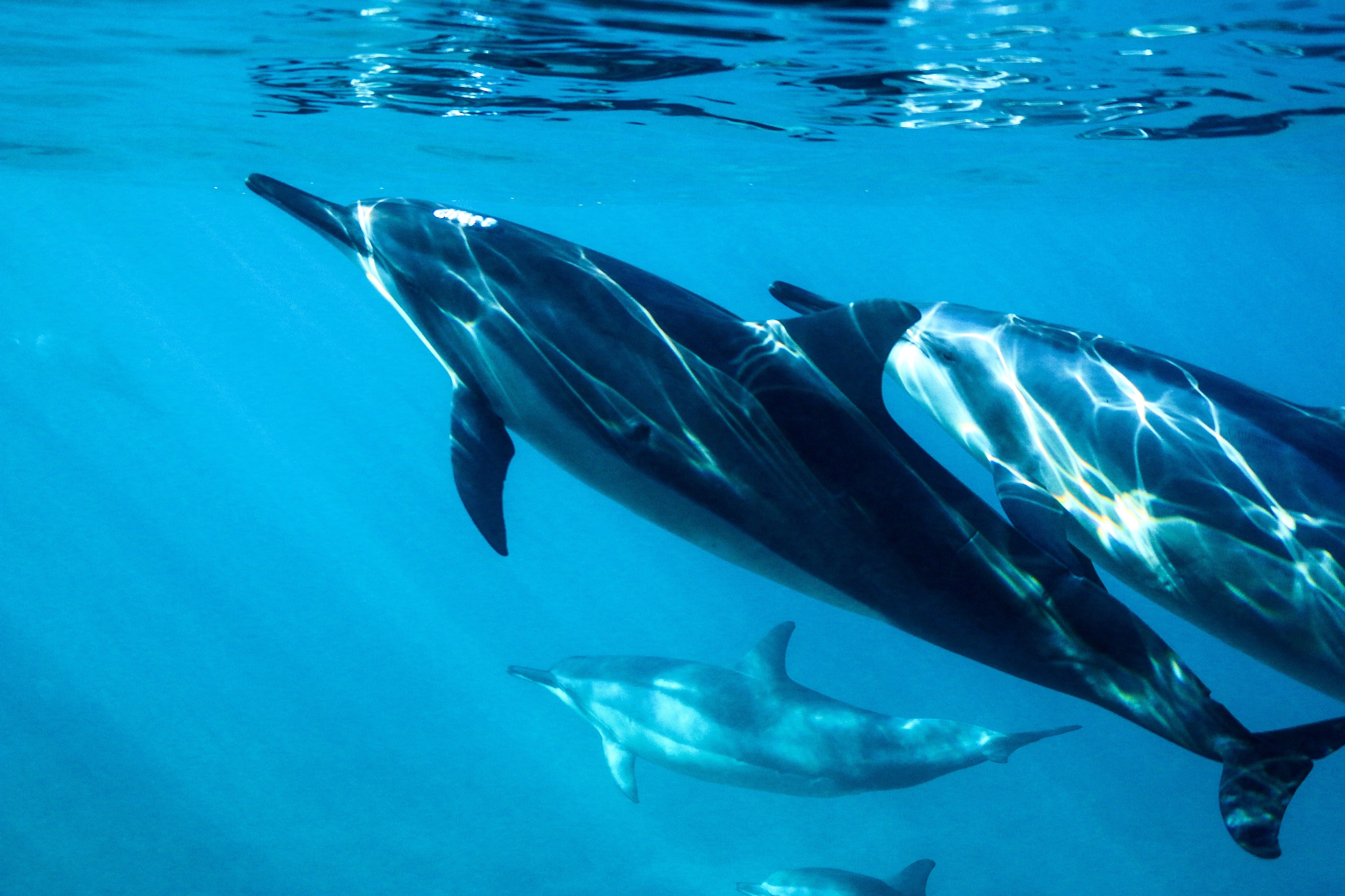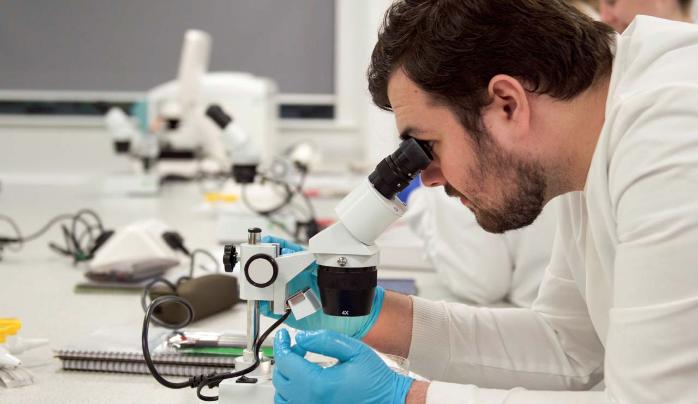BSc (Hons) - Zoology
Wildlife is an important part of all our lives. If you have a passion for learning about animals, animal care and animal management, and are wondering how to become a zoologist, this exciting and hands-on BSc Zoology course will prepare you for a future defending the planet.
Zoology covers all aspects of animal biology and, as such, a fascinating range of often highly diverse topics. The modern zoologist needs to be the master of many disciplines. Our zoology degree course has been designed by professional zoologists with a real understanding of what the world needs and, likewise, what you need to study to launch your career in zoology.
Course Overview
Our hands-on zoology course provides an understanding of wildlife monitoring techniques using professional equipment and covers a broad range of topics including evolution, ecology and conservation.
During your time with us you will have the opportunity to explore the local area and the many habitats it offers, such as the Eden River basin (close to our Carlisle Campus), the Lake District National Park and our wonderful Cumbrian coastline. On this zoology degree, you spend a substantial amount of time learning within the local habitats we have on our doorstep and where possible we choose to deliver experiential learning outdoors.
On this course you will...
- Benefit from a strong practical component to our modules and an emphasis on skills to enhance employment, helping prepare you for becoming a zoologist following your university studies.
- Experience Cumbria's unique natural environment for learning about wildlife, which provides a range of different habitats that are close enough to visit in a short walk or day trip.
- Make use of our modern and well-equipped facilities, for example our teaching laboratories.
- Gain a practical understanding of the most relevant key issues in zoology.
- Study zoology with a diverse range of modules that expertly weave together and map directly to our subject. None of the modules are inappropriately squeezed in from programmes that we already run.
What our students say
-
One of the main reasons I chose the University of Cumbria was due to the gorgeous location. Carlisle has great transport links with the Lake District, Cumbrian coast, and Scotland.
Sophie Babbs, Zoology
Originally from North Walsham, in Norfolk and studying at Cumbria's Carlisle campus, Sophie talks about why she choose Zoology.
Meet your lecturer
-
![Dr Richard Francksen]()
I am leader of the BSc Zoology programme and enjoy teaching across (nearly) all of the modules but my favourites are ‘Zoological Monitoring Techniques’ where we get to do lots of fieldwork and learn about how to monitor some of the great wildlife across Cumbria, and ‘Challenges for Global Biodiversity’ where we get to discuss and debate how we can better look after biodiversity around the world. The students always bring great passion and fantastic ideas to these sessions, and I enjoy facilitating their discussions.
Dr Richard Francksen
-
![Dr Will Hoppitt]()
Much of my teaching is on my specialist topic of animal behaviour, leading the modules: Animal Behaviour, Behavioural Ecology and Behavioural Applications for Conservation. I am also interested in evolution; therefore, I lead the modules Animal Form and Function and Vertebrate Zoology. My lifelong interest in the natural world means I am also the leader of the British Wildlife module. I also contribute to several other modules where I teach statistical modelling techniques: Exploring Research and Professional Skills for Zoologists.
Dr Will Hoppitt
Stay Focused. Go Far.


.jpg)
.jpg)
.jpg)
Location
Carlisle - Fusehill Street Campus
The Fusehill Street campus has been the setting of life-saving treatments since World War I. Now, it's home to world changers, life-savers, crime fighters, and entrepreneurs with access to high-quality facilities and innovative thinking.
Find out more
Find out more about studying with us
Attend an Open Day at Cumbria
An Open Day is your opportunity to explore one of 5 campuses, meet your lecturers, and find out how the University of Cumbria could become your new home.







